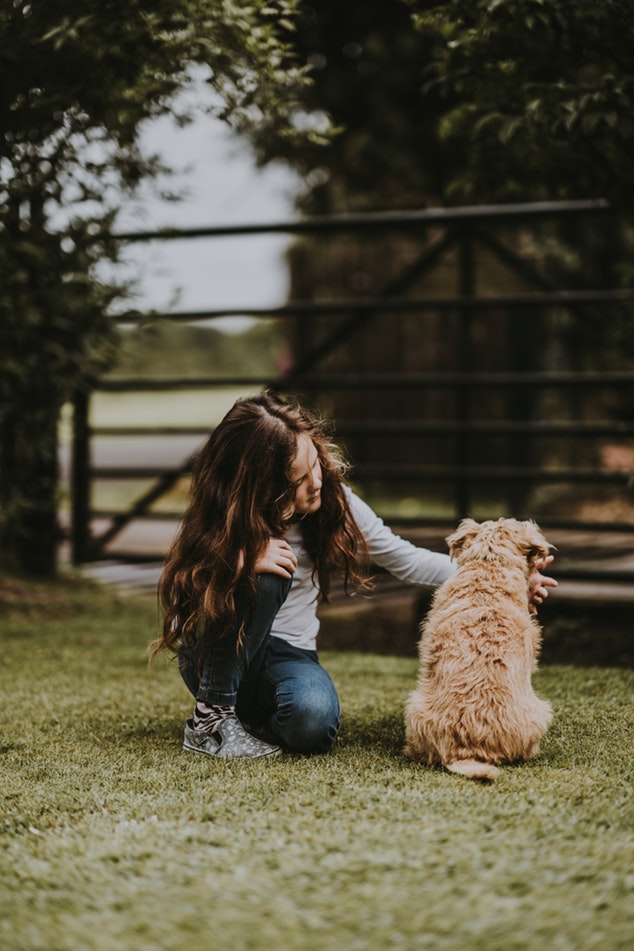How to help children and dogs to bond together
 While in the vast majority of instances dogs and children get along quite well, there are occasions when something just doesn’t quite click. As the guardians of both our children and our dogs – the responsibility falls to us to find ways to help them co-exist.
While in the vast majority of instances dogs and children get along quite well, there are occasions when something just doesn’t quite click. As the guardians of both our children and our dogs – the responsibility falls to us to find ways to help them co-exist.
Dog ownership can teach children many valuable lessons. It can help develop empathy, kindness and a sense of responsibility among other things. It can also be a great way to help develop your child’s social skills.
First of all, it is important to remember that as different species dogs and humans communicate in very different ways. A child’s behaviour when viewed from the point of view of a dog is one of erratic behaviour – crying, yelling and moving in unpredictable ways. Equally, while adults are usually adept at understanding when a dog wants to be left alone – children find it much harder to tell. This can result in some uncomfortable situations and even lead to dangerous ones.
It is important that in order for dogs and children to avoid danger that we teach our children to treat them with kindness, care and to be polite to our dogs. So, no pulling, biting, poking or anything else that they wouldn’t like done to themselves. Common sense is often something developed over time and as such things that seem obvious to us like not approaching the dog while they are eating, forcing them to play, or stealing their toys should be communicated to our little ones.
Some dogs get along well with children, but others find them scary, or may hold negative feelings towards them due to a past experience. With puppies you should gradually introduce them to situations with children of varying ages and do so in a positive way to help associate them with good feelings. However, with older dogs, the situation can be more complex and dog behaviour therapy may be required in order to help them get over any hang-ups that they might have developed.
In the same way that we praise our children when they behave well, we should do so for our dogs. Positive reinforcement is often key to helping our dogs to stay on their best behaviour. So, when they are acting nicely around your children be sure to praise them for doing so. In turn they will learn that good things happen to them when they are well-behaved.
Equally, we must teach our children these same rules, and that goes not only for your own children but also any that are visiting your home and will be in the presence of your dog.
For more information about dog behaviour therapy sessions, please visit https://www.witsend4pets.co.uk/behaviour.php or alternatively call us on 0116 244 2455 to book a session.